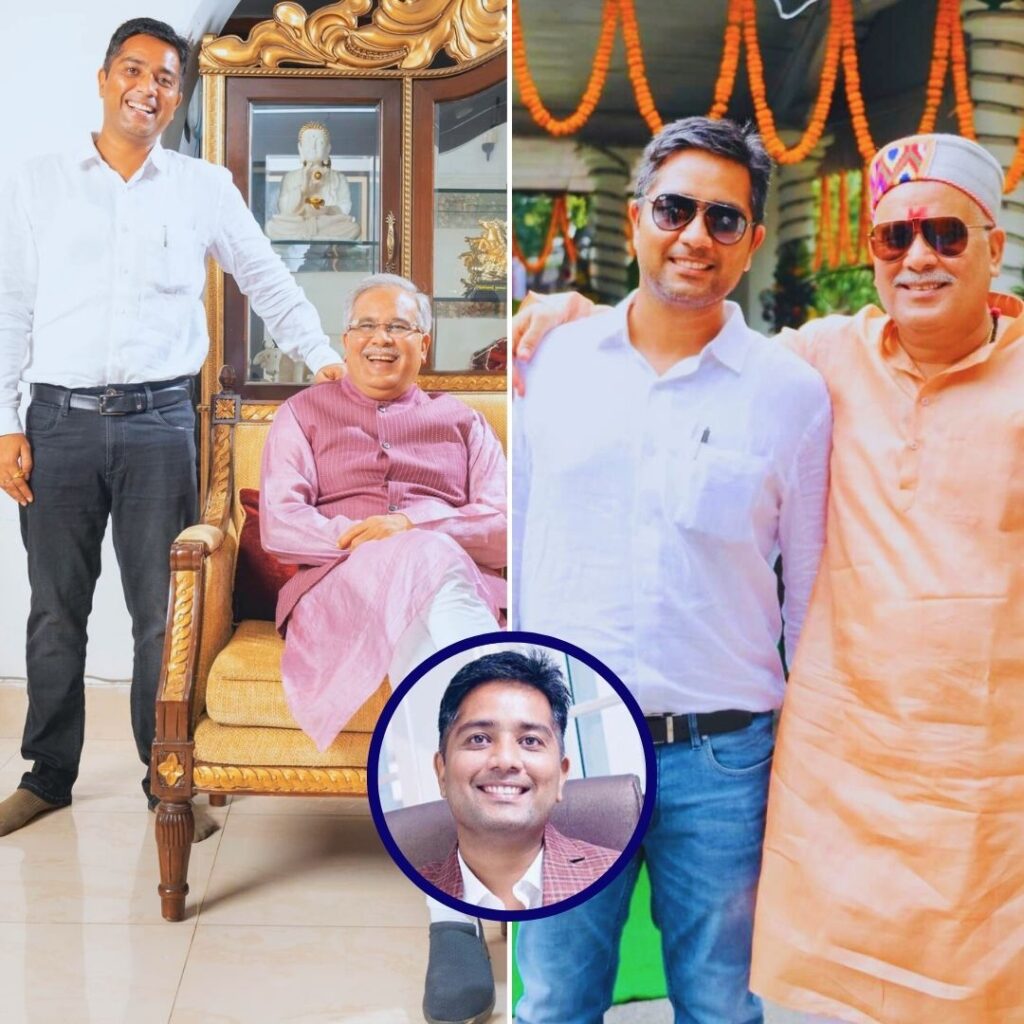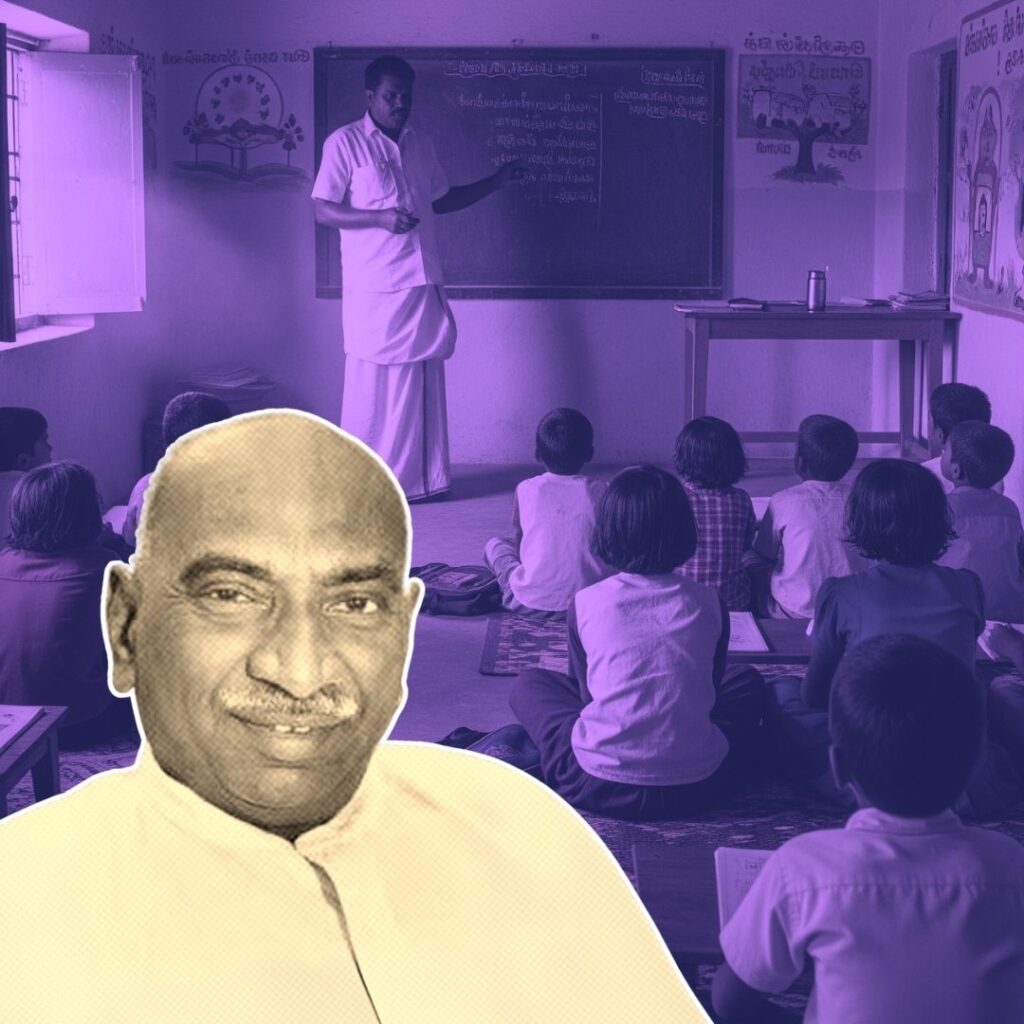Kashmirâs history since time immemorial has been painted dark with wars, conflict, guns, deaths and a very little celebration. The year of 2019 for Kashmir has been of a shutdown and a lockdown â that has recorded as history longest ever Internet blackout; something that still continues today.
The Logical Indian rewinds the year that was for Kashmir, bringing the most important highlights that shook its past and will shape its future.
Pulwama: Over 41 Martyred & Many Injured In Deadliest Attack In Kashmir, In 20 Years
On February 14, at least 41 Central Reserve Police Force (CRPF) personnel were martyred in a suicide attack in the southern part of Kashmir. The worst attack in two decades of Kashmir conflict happened when a suicide bomberâs Scorpio SUV laden with explosives rammed into a CRPF bus killing many. The Jaish-e-Mohammad has claimed responsibility for the attack and has identified a Kashmir based local rebel as their bomber. Meanwhile, reports claim that the attack was preceded by an intelligence failure.
Kashmiri Students, Vendors Attacked In Several Parts Of India
As a reaction to the Pulwama attack, several Kashmiri students, vendors and people were assaulted and their shops were vandalised. To help curb the violence against them, many people came forward offering temporary shelter and refuge to the community.
BJP manifesto
Consequently, with the Lok Sabha elections nearing, the Bharatiya Janata Party launched its manifesto on April 8 which featured the eradication of Article 370.
Pandit Vendor Comes Home
A 74-year-old Kashmiri Pandit returned to his home in Srinagar after 29 years of longing. Roshan Lal Mawa, a dry fruit businessman, left Srinagar in 1990 after he was shot four times in his shop at a time when the valley was witnessing a significant rise in violence against Kashmiri Pandits
Report On Torture: JKCCS, Amnesty International
Kashmir-based human rights body Jammu and Kashmir Coalition of Civil Society (JKCCS), along with Association of Parents of Disappeared Persons (APDP) compiled a chillingly detailed report of 431 victims of torture at the hands of the Indian armed forces. It even evoked a stern response from Nilz Melzer, the United Nations Special Rapporteur on torture. Melzer noted the human rights violations reported were âvery graveâ.
Amnesty International India had also called for a press conference on June 12, 2019, to discuss its new report, âTyranny of a Lawless Lawâ based on the exploitation of Jammu and Kashmir Public Safety Act Public, 1978. The report gave a summary of 210 case studies where none of the subjects was proven guilty but detained and âtorturedâ.
Most Wanted: Zakir Musa Shot Dead In Tral
Indian forces shot dead the Ansar Ghazwat-ul-Hind chief Zakir Musa on May 22 in an encounter in Kashmirâs Tral region. At 6 am on May 24, Musaâs body was retrieved.
Kashmiri Saves Tourists, Drowns Himself
Rouf Ahmad Dar, a 32-year-old tour guide died while rescuing five tourists when their boat capsized in the Lidder river in Pahalgam area of Jammu and Kashmirâs Anantnag district. The tourists were out on a rafting trip around 7 pm. Sources said that although white water rafting is not allowed after sunset, Dar, a diploma in rafting, was insisted by the tourists to take them out. As strong winds upturned the boat and the tourists fell into the riverâs raging waters, Dar managed to rescue the tourists but lost his life.
Article 370 Is Scrapped
The Centre on August 5, scrapped Article 370 of the Constitution that grants special status to Jammu and Kashmir and introduced the Jammu and Kashmir Reorganization Bill in Parliament. The government decided to bifurcate the state into two Union Territories â Jammu and Kashmir, which will have a legislature, and Ladakh, which will be without a legislature.
Army Moves in, Communication Blocked Entirely
Around 28,000 additional troops were rushed to Kashmir Valley week after 10,000 were deployed, just before the abrogation of Article 370. Mobile internet services, landline connectivity, mobile network, was entirely blocked since the eve of August 5. There was a curfew announced on the ground, in the erstwhile state, while mainstream media reported that only Section 144 was imposed.
Hospital Turns Graveyard
The restrictions imposed in J&K made it extremely difficult for Kashmir residents to access healthcare. Even a petition was moved before the Supreme Court seeking the restoration of Internet services at hospitals and other medical establishments across Jammu and Kashmir to help save the lives of thousands of patients in the state.
Brutalisation By Forces
Security forces in Indian-administered Kashmir were accused of violently beating civilians in several villages, after the region was stripped of its autonomy. The Indian army, however, denied these allegations. The BBCâs Sameer Hashmi met several villagers who say they were beaten with sticks and cables and given electric shocks.
IAS Officer Resigns Kannan…











